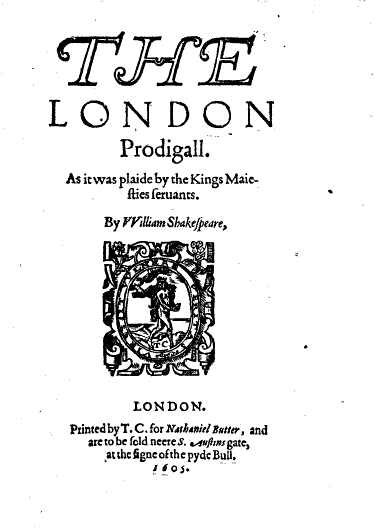Friday 12th February, 1-2pm, GR06/07 Discovering Richard III in Early Modern Legal Writing Jitka Štollová
The hasty burial of Richard III in Leicester in 1485 gave rise to one of the most fascinating literary-historical afterlives in English history. In the next two centuries, historians, poets, and playwrights examined and re-examined this controversial figure. Shakespeare’s mesmerising king-villain ultimately became the most iconic and influential portrayal: partly thanks to the intrinsic qualities of his play, partly to the rising popularity of Shakespeare, especially from the eighteenth century onwards. As a consequence, Shakespeare’s Richard III became our Richard III. Yet the seventeenth century has much more to say on this character.
My talk will focus on the representation of Richard III in seventeenth-century legal writing. This century witnessed vivid debates about the limits of royal and parliamentary powers under the Stuart kings, culminating in the conflict of both parties in the Civil Wars. The figure of Richard III became a field of theoretical study about the definition of tyranny and usurpation. But rather than simply confirming these labels, seventeenth-century legal scholarship found new perspectives for assessing this monarch and his rule. My talk will trace the influence of this revision in seventeenth-century authors, and will locate the position of Shakespeare’s Richard III in these debates.
This lecture is particularly relevant for the following papers: Part I, Paper 4 (English Literature and its Contexts, 1500-1700); Part I, Paper 5 (Shakespeare); Part II, Paper 7 (Early Modern Drama 1588-1642).

 Friday 5th February, 1-2pm (GR06/07) ‘Let me honour your repentance’: Financial Excess and Repentance in Early Modern Drama Ezra Horbury
Friday 5th February, 1-2pm (GR06/07) ‘Let me honour your repentance’: Financial Excess and Repentance in Early Modern Drama Ezra Horbury

